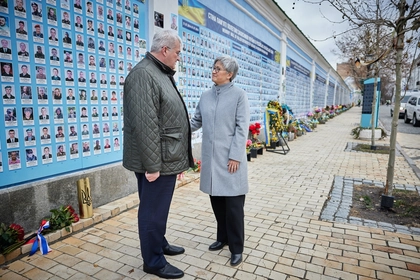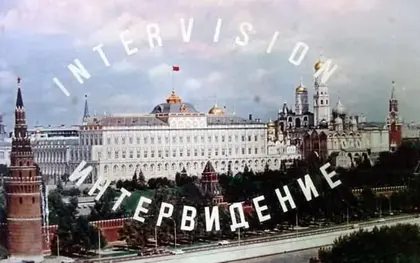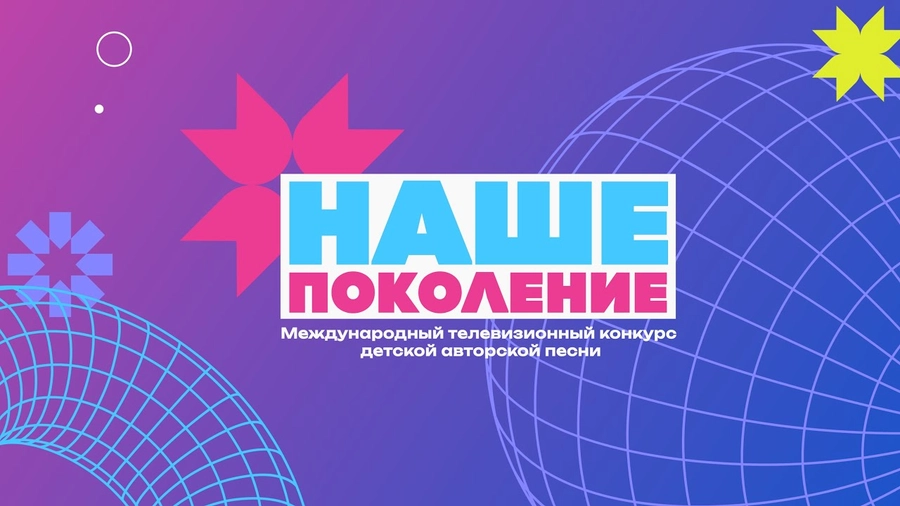It is three years since Russia was barred from taking part in the Eurovision Song Contest and as the event had always been popular with Russian viewers, the Kremlin has decided to do something about it.
The first step is the Russian alternative to the Junior Eurovision Song Contest, called “Our Generation,” which is being held for a week starting on Nov. 18 in Moscow.
JOIN US ON TELEGRAM
Follow our coverage of the war on the @Kyivpost_official.
The competition, which is supported by the Russian Government through the Russian Ministry of Foreign Affairs and the Presidential Fund for Cultural Initiatives, is hosted by the NTV (Cyrillic: НТВ) free-to-air television channel, a subsidiary of Gazprom Media.
Under the motto “Music without borders,” it will see 14 young singers, aged between 9 and 15 years old, competing from BRIC nations and neighboring countries: Armenia, Azerbaijan, Belarus, Brazil, China, Kazakhstan, Kyrgyzstan, Mauritius, Mongolia, Russia, South Africa, Tajikistan, and Uzbekistan.
Four other countries that were earlier slated to take part, Egypt, India, Pakistan and Thailand have withdrawn with no explanation as to why.
The “Our Generation” song contest logo. Photo: Our Generation web-site
Then on Friday Konstantin Ernst, the Director General of the Russian state-owned Channel One TV service, announced that it was planned to initiate an annual song contest to fill the void left by the absence of Eurovision.

Australian Foreign Minister Visits Kyiv, Confirms Reopening of Embassy
It will be called “Intervision,” a name that will resonate with many of its older viewers. That was the name given to an earlier Eastern Bloc equivalent of Eurovision which existed in various forms from 1961 to 1981.
While popular with Soviet society it was actually organized by the Polish and Czech broadcasting organizations and was staged by Warsaw Pact’s International Radio and Television Organization.
Russia attempted to recreate Intervision in 2008 holding it in the city of Sochi. It didn’t work as it was only open to countries that were formerly part of the Soviet Union as most of the former Warsaw Pact countries were already signed up to Eurovision.
The announcement of the new version of Intervision was made by Ernst in a press conference with Russian Culture Minister Olga Lyubimova.
Their statement was framed as if this was a Russian initiative because they no longer wanted to participate in the Eurovision Song Contest because it had become too heavily “influenced by politicians.”
Ernst claimed that Russia would extend an invitation to participate to the BRICS countries but would accept requests from “all other countries to join this initiative,” ignoring the categorization of states as “friendly” or “unfriendly.”
He said: “We suggest creating an open musical, or rather song, contest under the working title ‘Intervision’ in the coming year and holding it every year.
“There will be no political constraints or influences on this contest. This is a free tribune where all countries can present samples of their popular music.”
He added: “This will be a song contest that will be judged by a national jury. It will have a permanent organizing board, where the rules will be set."
The organizers may have great plans but the immediate response has not been particularly encouraging.
No nations have yet indicated a desire to take part and a number of Russian artists have shown little interest in performing.
Natalia Podolskaya, who represented Russia in the 2005 Eurovision Song Contest, which was held in Kyiv, avoided answering whether she would participate by saying: “Any contests and creative events are always very cool; they are always things that unite people.
“But I don't know if this will replace Eurovision – I don't know if it needs to be replaced. I probably wouldn't want to participate in any more contests.”
You can also highlight the text and press Ctrl + Enter







